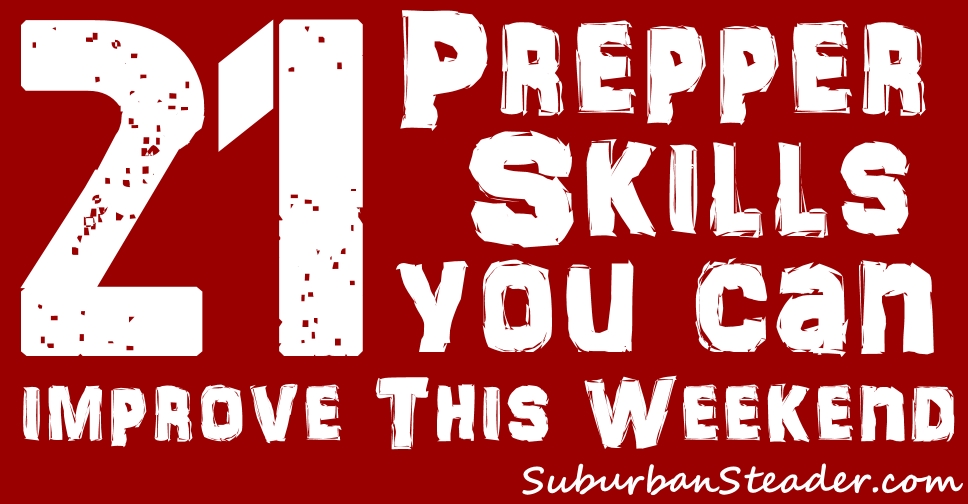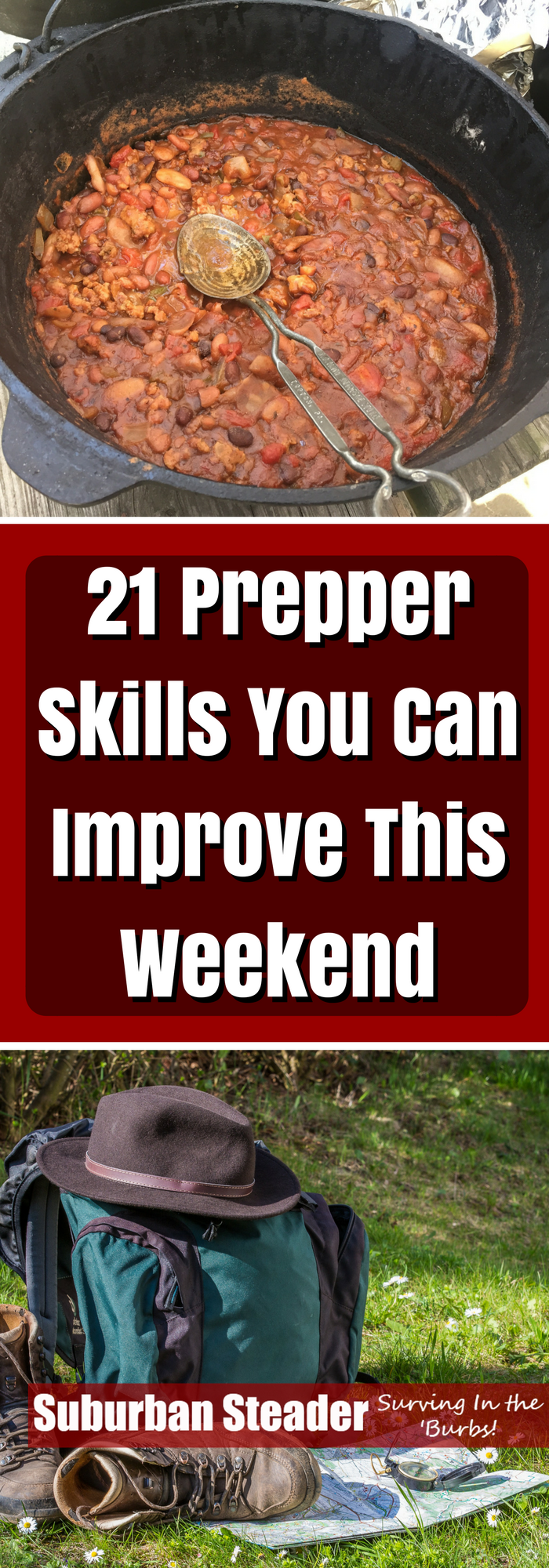Backpacking: Why Preppers Should All Do It
Backpacking is often thought of as this out of reach, extreme sport that only people in top physical condition undertake. That’s just not the case. Backpacking is as much a skill builder as it is an activity for the adventurous. And the best part is that anyone can do it. It can be as simple as an overnight a few miles into the woods or a multi-month, multi-state adventure. In the end, you’ll be building your prepping skills while having a great time in nature!
Here are seven ways that backpacking builds your skills as a prepper:
1. Keep In Shape
Let me ask you a question – have you ever seen an Appalachian Trail thru-hike who is out of shape? In case you live under the rock and don’t know what the Appalachian Trail or a thru-hiker is, the answer is no. They are all fit people. Do you know how they get like that?
They walk. A lot.
We are always told how walking is one of the best exercises in the world and backpacking is nothing more than walking in the woods. OK, it’s walking in the woods with a pack on your back.
Think of the pack as weights at the gym. You don’t start working out by deadlifting 500lbs. That kind of weight requires you to gradually progress your strength. You can do that with your backpacking as well.
Start with short 1-3 mile walks in your neighborhood with only some water. Once those are not very challenging, start taking 1-3 mile walks in the woods with a very light pack. Only carry some water, food and warm clothing. The trails will make you work harder. The short trail walks will eventually become easy. Start increasing your distance and the weight in your pack. Pretty soon you’ll be able to walk long distances with fairly heavy loads. Not only will this approach get you in shape, but it will also get you ready if you need to bug out with a heavy bag.
2. Learn To Cook
Nothing is worse than eating MREs and backpacker food all day every day. Don’t get me wrong, I love the convenience of Mountain House or Backpacker’s Pantry when I’m on the trail. That being said, every once in a while, I need more than just some pre-bagged meal.
I’ve learned how to create some great food with minimal ingredients and gear. Some of these meals are good enough that you’ll want to make them at home, not just on the trail.
Learning how to cook with minimal equipment is a great skill to learn. The trail presents the unique situation of trying to carry minimal equipment. You aren’t going to have your cast iron Lodge skillet or that nice spice rack. You’ll learn to make the most out of the least. This skill will translate to those occasions when you’re working with your preps and don’t necessarily have everything available to you.
3. Figure Out What You Don’t Need
One of the biggest things I’ve learned from backpacking is how to survive with minimal gear. Moreover, I’ve learned how much more comfortable a lighter pack makes my life.
You know that big bug out bag that you have sitting near your door? Have you tried walking a mile with it? What about ten miles? Over rugged terrain? If you haven’t, I suggest you do. Then figure out what you can ditch.
The easier way to make this decision is a trick that backpackers have been using for a long time. Go on an overnight, or multi-night, trip with your bug out bag. When you come back, unload your back into two piles. The first pile is the stuff you used. The second is the stuff you didn’t use.
Keep track of this information and then re-pack your bag for your next trip. When you get back from that trip, do the same thing. If you ditched something you needed on the second trip, then add it back. Likewise, ditch the stuff you didn’t use. Slowly, but surely, the “Didn’t Use” pile will diminish and you’ll have streamlined your gear list.
The next step is to take a look at all the gear you’ve defined as essential and then begin to look into lighter versions of them. It’s a slow process, but you can really streamline that bag to a very light weight and make sure you can physically last on the trail.
4. Source Your Water
Water is super important. Unfortunately, dirty water can be more harm than good to you. The effects of drinking dirty water can be miserable and, frankly, deadly if not treated quickly.
Learning how to filter water on the trail will teach you how to make sure your water is clean when your world gets turned upside down.
The simple way to avoid this type of situation is to carry a means of purifying the water. Water purification is typically performed in three different ways:
1. Boiling
Boiling water is the no-fail method of purifying your water. All you need to do is bring your water to a rolling boil and let it cool. There are definite downsides to this approach. First, you need to either carry fuel to boil water regularly or build fires on a regular basis. The former can get heavy and the latter can be tricky, or even illegal, at times. It’s also a much slower process than chemical disinfection or filtration
2. Chemical Disinfectants
Chemical disinfection is typically carried out by iodine or chlorine treatment. Brands such as Potable Aqua Tablets, Polar Pure Water Disinfectant, and Aquamira Water Treatment Drops can be used to treat water. The upside is you can collect the water, apply the chemical and keep walking while the water purifies. The downsides are that the chemicals typically leave a taste in the water that some people find unpleasant. Also, cryptosporidium is resistant to this type of purification. Depending on how problematic that is in your area, you may want to steer clear of this method.
3. Filtration
Filtration is one of the quickest methods to purify water. There are many different systems like the Sawyer Squeeze, Katadyn Hiker PRO Water Microfilter, or even the LifeStraw. Each has its pro’s and con’s but it typically comes down to the user’s preference. Systems like the Katadyn BeFree Collapsible Water Filter Bottle have faster flow rates and are more useful for on-the-go folks. Others systems like the Sawyer Mini work well with gravity feed systems for people who like to filter water when they set up camp.
6. Backpacking Navigation
Believe it or not, hiking a major trail does not take an extraordinary amount of navigation skills. The Appalachian Trail is marked with white blazes (white marks painted on trees). The Pacific Crest Trail is not marked as well as the Appalachian Trail, but it’s well marked nonetheless.
All that being said, no one goes into the wilderness without an adequate amount of navigation skills. Most backpackers are very adept at using a map and compass to not only find their location but orient their way to the next waypoint.
These type of navigation skills will be critical in a situation where the general travel routes are impassable and you need to move from Point A to Point B through nontraditional routes.
7. Practice, Practice, Practice
As you can see, backpacking is great practice for making sure you’re ready to handle yourself when the world takes a turn for the worse. You’ll be able to get in shape, feed yourself, generate clean water. Backpacking will also teach you what gear you need and how to use. Not only that, you’ll be able to navigate yourself to safety.
Backpacking is a great activity to get involved in. It’s something you can do alone or with your friends and family.
What other skills can you learn from backpacking that will help you when the world goes to hell in a handbasket?
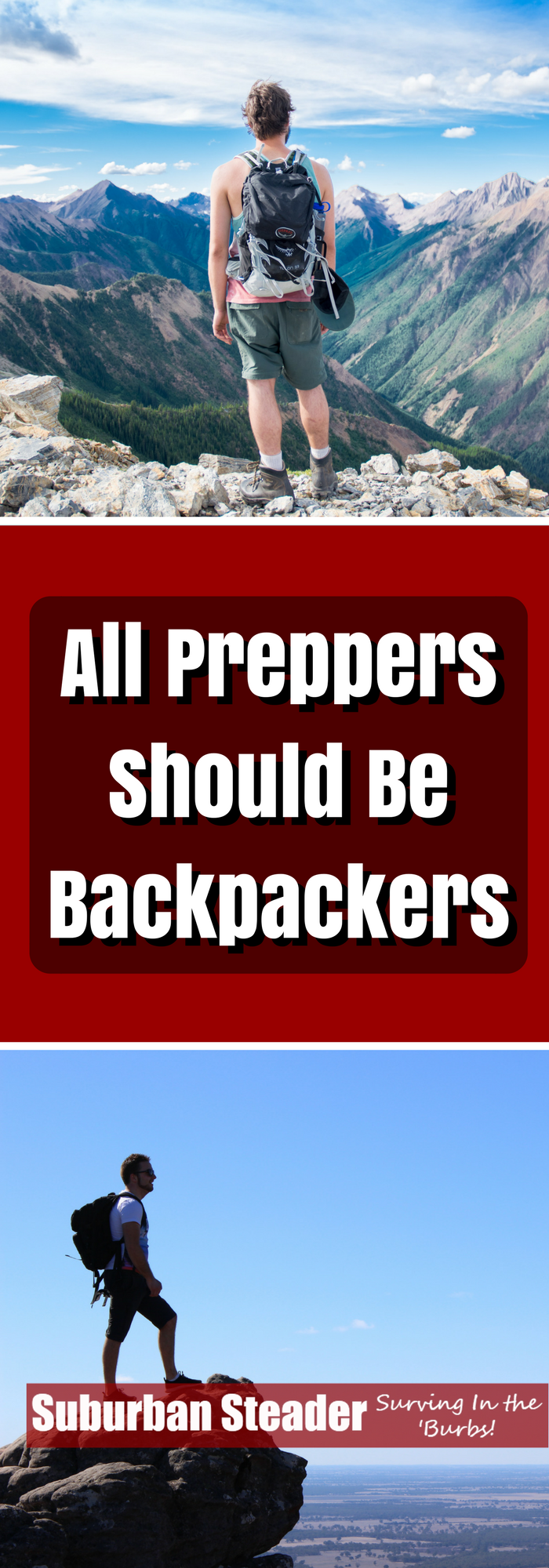
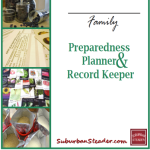
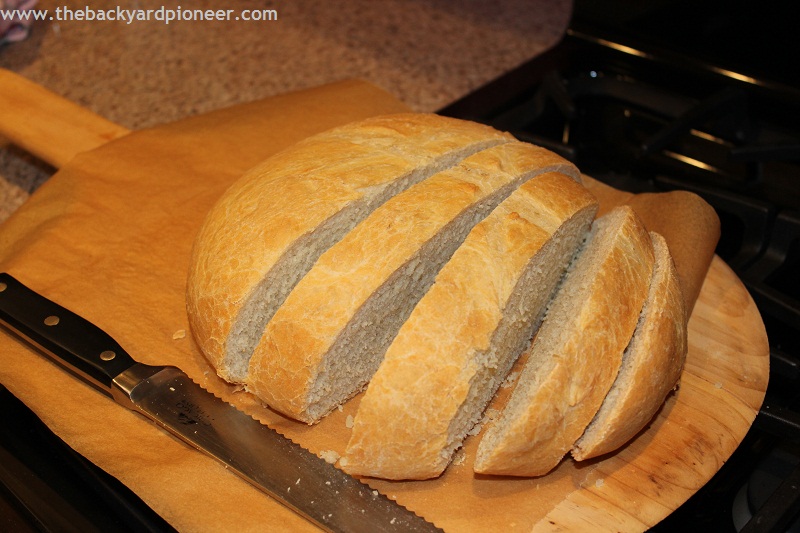 16. Bake Fresh Bread
16. Bake Fresh Bread